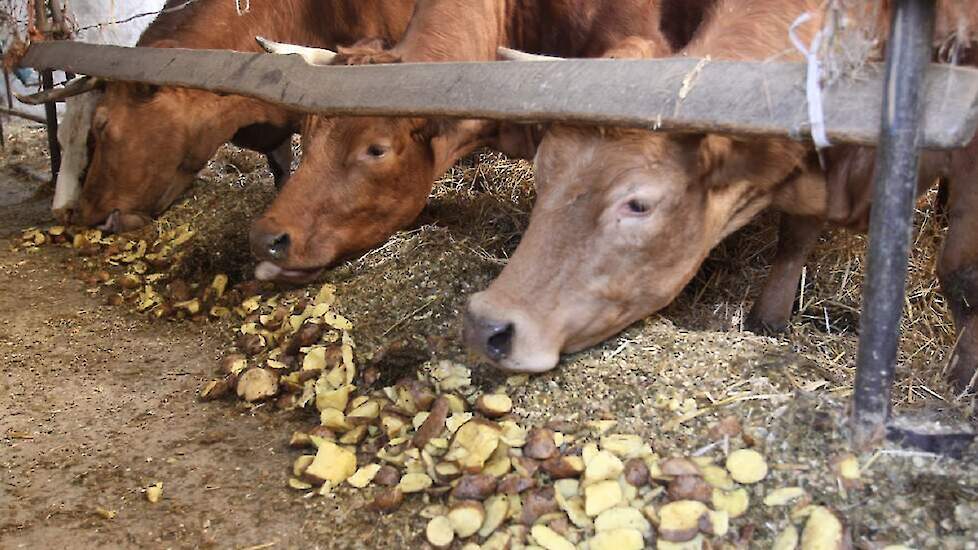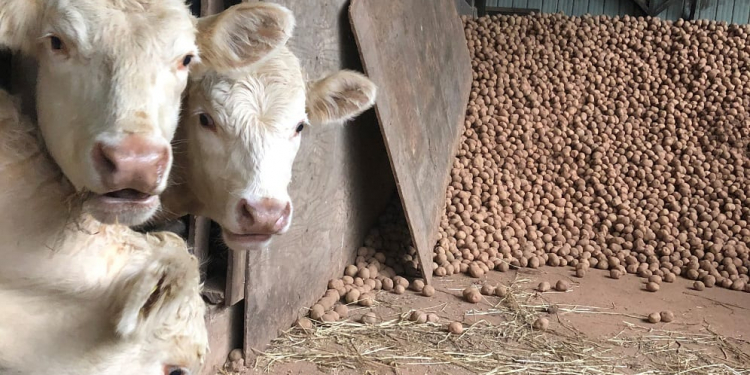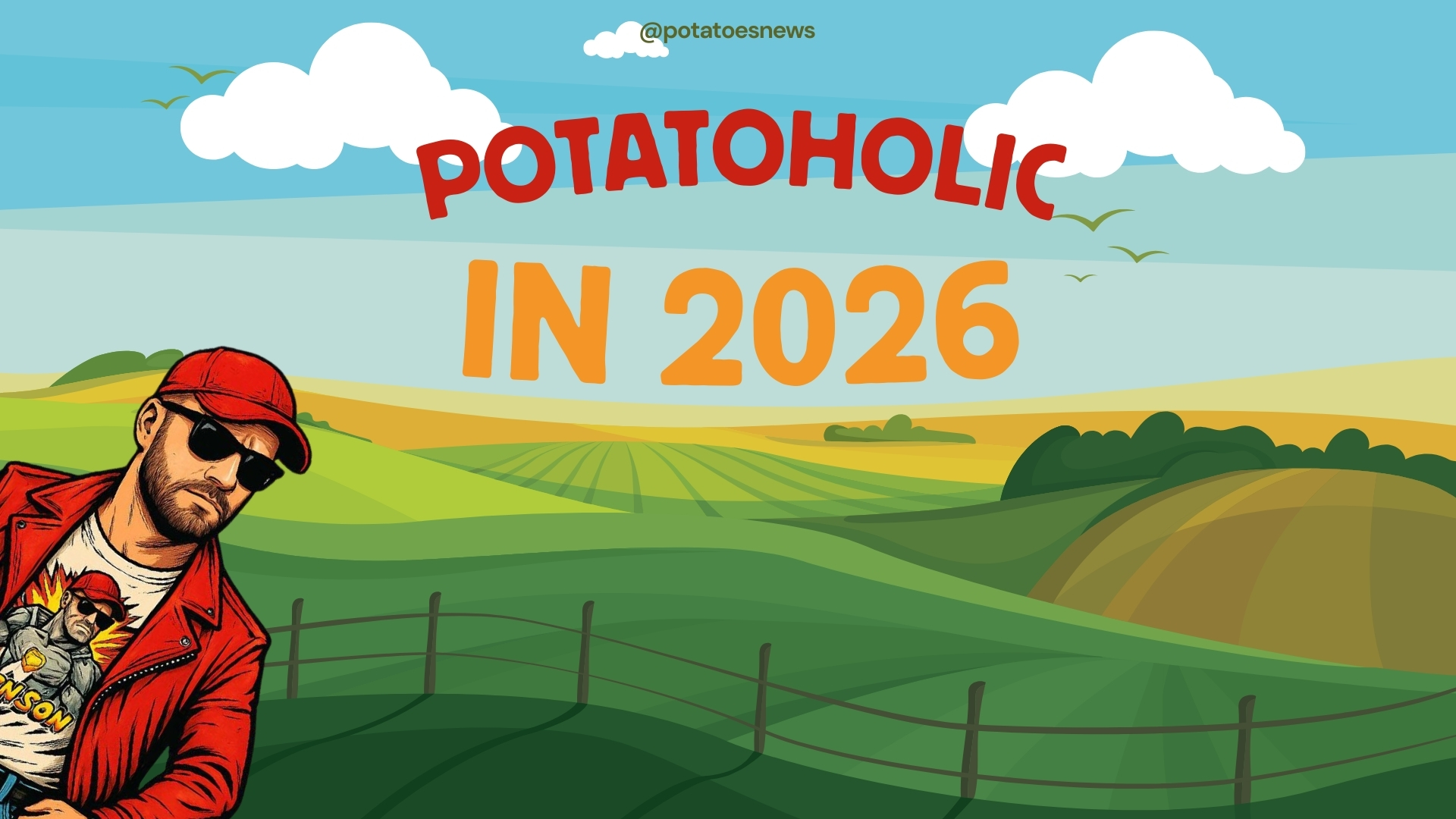The consequences of the coronavirus outbreak were immediately felt for the Dutch agricultural sectors. But looking back at the first six months of the corona crisis, the impact in this period seems to have been relatively less than was feared at the beginning. The biggest problems arise in the areas of labor, sales and price development. However, the impact of the crisis will increase if new lockdowns are stricter, last longer and occur more frequently.
This is what researchers from Wageningen Economic Research state in the report ‘ The impact of the corona crisis on the Dutch agricultural complex ‘. From the very beginning, these researchers were involved in analyzing the consequences for the agricultural sector and the chains surrounding it.
French fries potatoes
The first consequences were quick: Demand for chips potatoes, among other things, fell immediately due to the closure of catering and food service. This led to serious problems. The consequences were particularly serious for chips potatoes, because more than 1 million tons of chips potatoes were still in the storage of arable farmers and these could not be processed into chips. The price of non-contracted potatoes (especially pool, free and flour potatoes) fell from 15 euro cents per kg to 1 to 2 euro cents.

For other crops, particularly onions, sales in the period immediately after the start of the lockdown were made more difficult because there were insufficient refrigerated containers available. The researchers anticipate that the sale of seed potatoes will be more difficult in the autumn and winter of 2020/2021 than in previous years, because due to the persistent problems with the sale of chips, the area for chips potato acreage in Northwestern Europe will decrease in 2021 and therefore also the demand for seed potatoes.
Fertilizers and crop protection products
Ultimately, there were no bottlenecks in the supply of inputs such as fertilizers, crop protection products and sowing and seed potatoes, and hardly any parts of machines. There was concern about this in the first months, according to the report. There were also no problems with regard to employment provision in arable farming, but in open field vegetable cultivation there were concerns whether sufficient labor could be hired due to the absence of Eastern European workers.
Looking back at the first six months of the corona crisis, the impact on the Dutch agricultural sectors in this period appears to have been relatively less than was feared at the beginning, the researchers conclude. This is due to the short duration of the first lockdown period, but also due to the introduction of so-called green lanes in the EU which allowed trade to continue. The biggest problems arise in the areas of labor, sales and price development.
International market
The Dutch agricultural sector is strongly focused on the international market. The measures taken have disrupted these chains temporarily or for a long time. This concerns, for example, the sale of products outside the EU. International interdependence can also be a major bottleneck in a subsequent outbreak, the researchers fear. Domestic sales have also been hit hard as a result of the corona measures. Related to sales, prices for many products are (still) under pressure.








